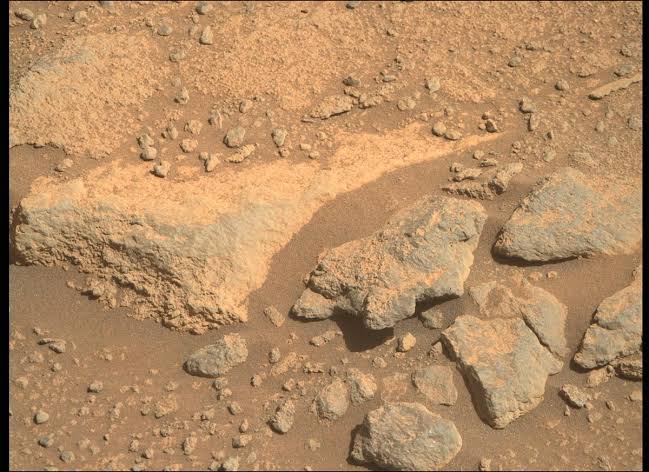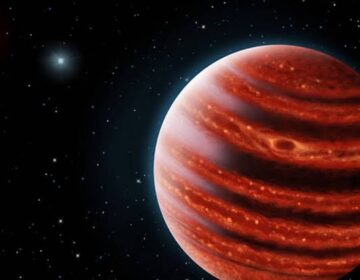New research indicates that early Martian volcanoes may have emitted reactive sulfur gases that warmed the planet and supported conditions suitable for microbial life.
Although scientists are still working to understand what Mars was like in its earliest stages, new research points to the possibility that the planet’s atmosphere could have supported life. The study proposes that volcanic eruptions released sulfur gases that helped warm the planet through a greenhouse effect.
To explore the chemistry of ancient Mars, the team analyzed the composition of Martian meteorites and used that information to run more than 40 computer simulations. These models tested different temperatures, chemical conditions, and gas concentrations to estimate how much carbon, nitrogen, and sulfur-based gases early Martian volcanoes may have produced.
Their results challenge earlier climate models that assumed high levels of sulfur dioxide (SO₂). Instead, the simulations indicate that volcanic activity on Mars 3-4 billion years ago likely released large amounts of “reduced” sulfur species, which are highly reactive. These included hydrogen sulfide (H₂S), disulfur (S₂), and possibly sulfur hexafluoride (SF6), a greenhouse gas known for its exceptionally strong warming properties.







